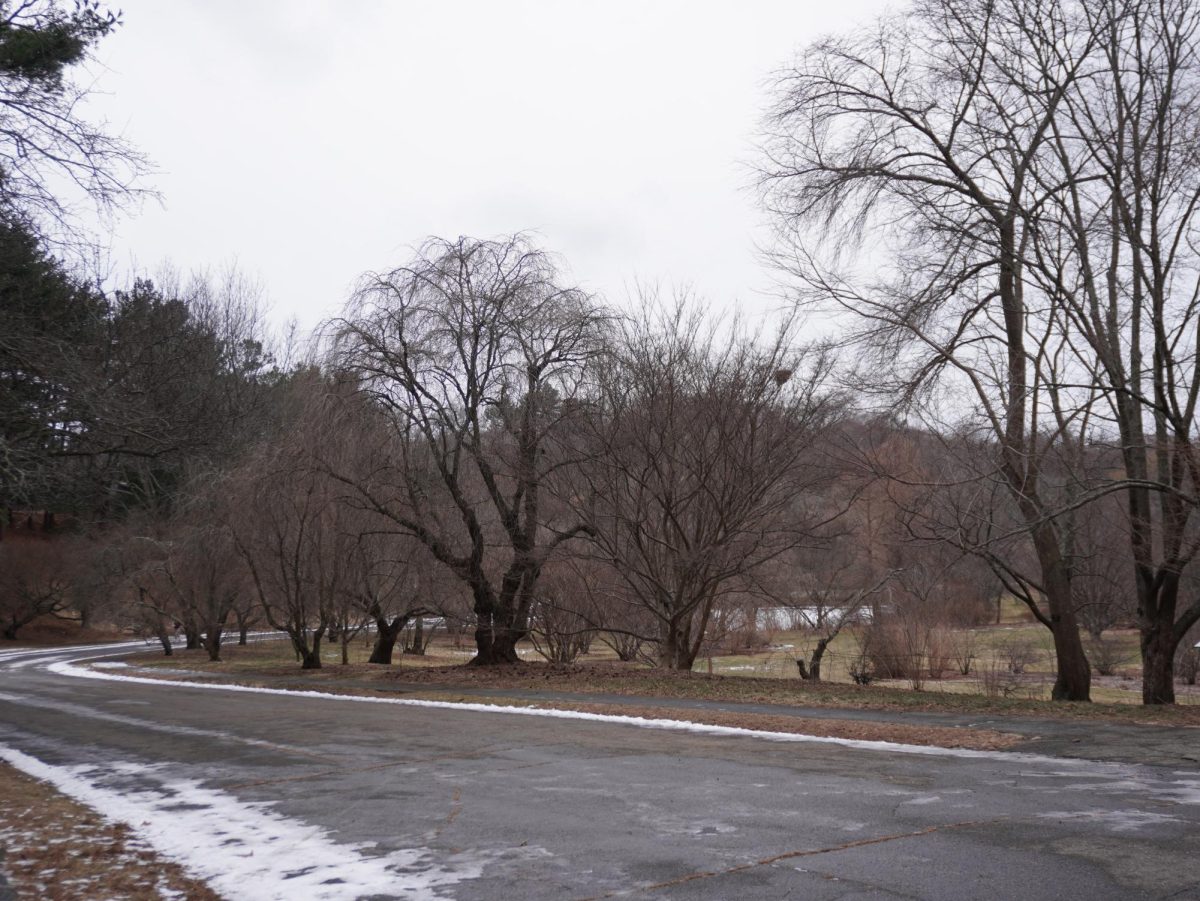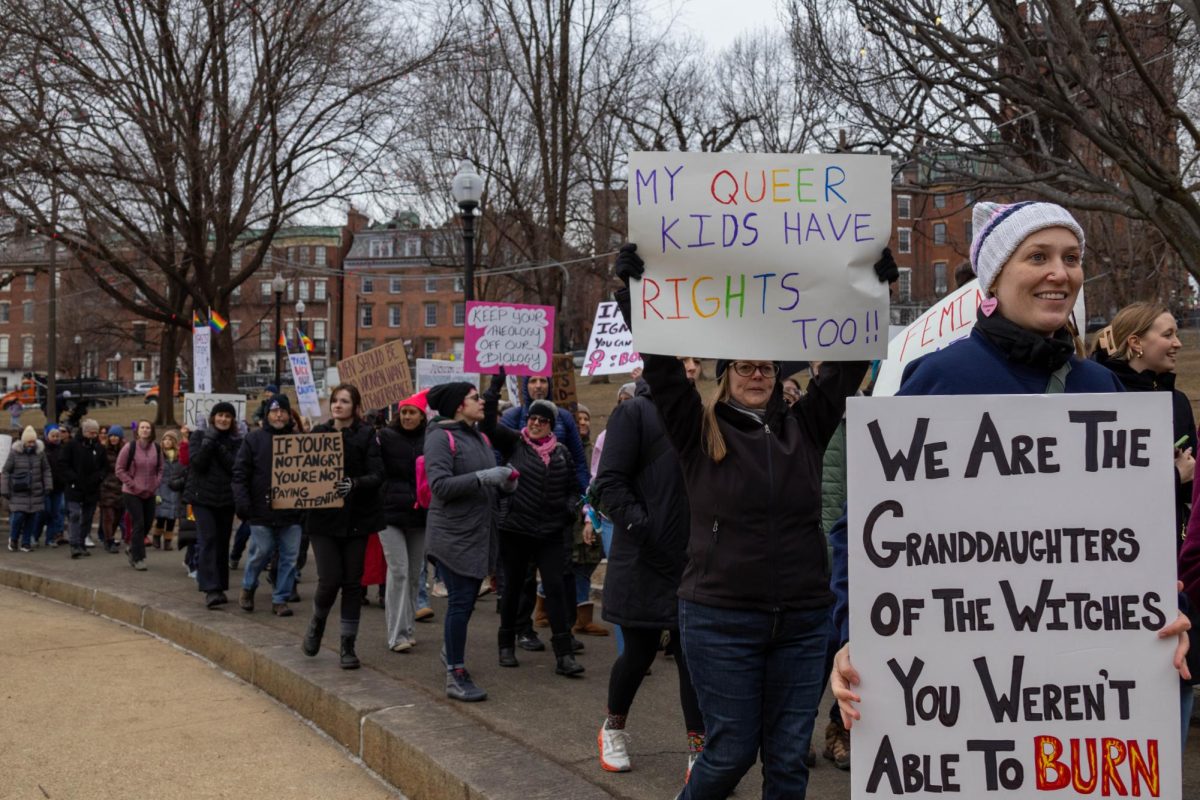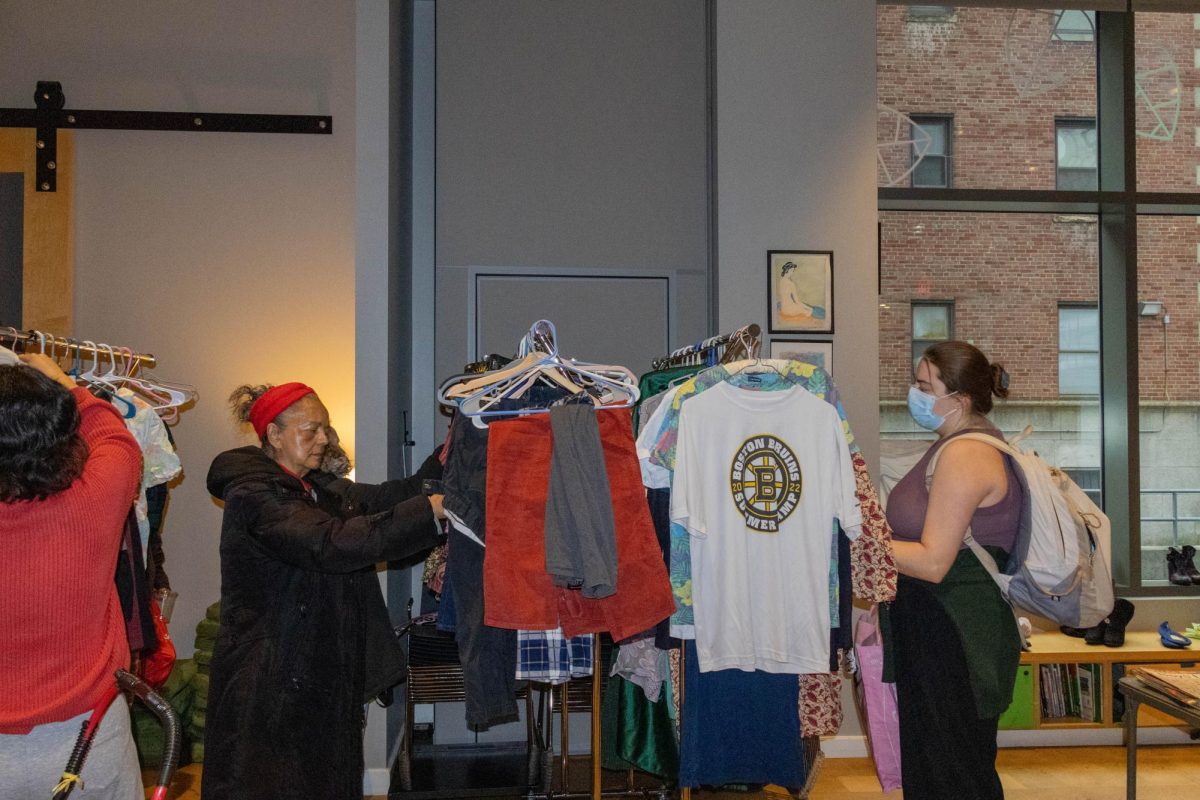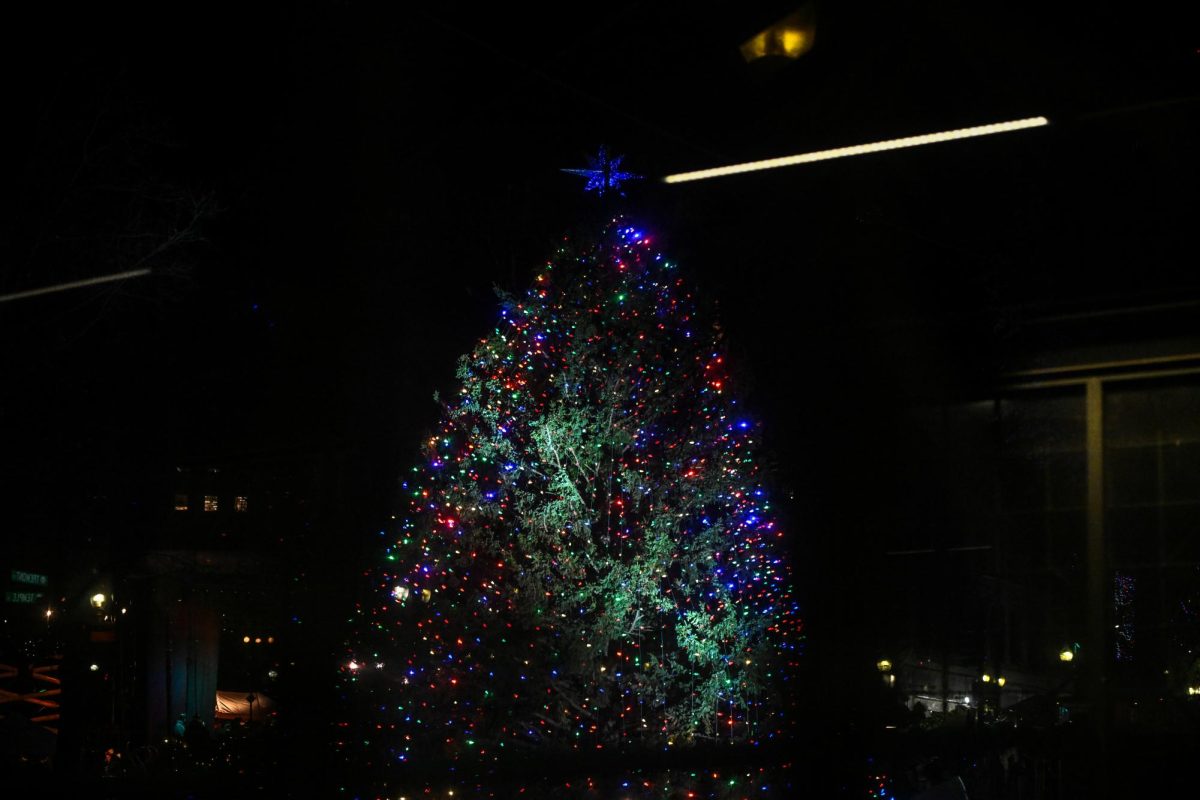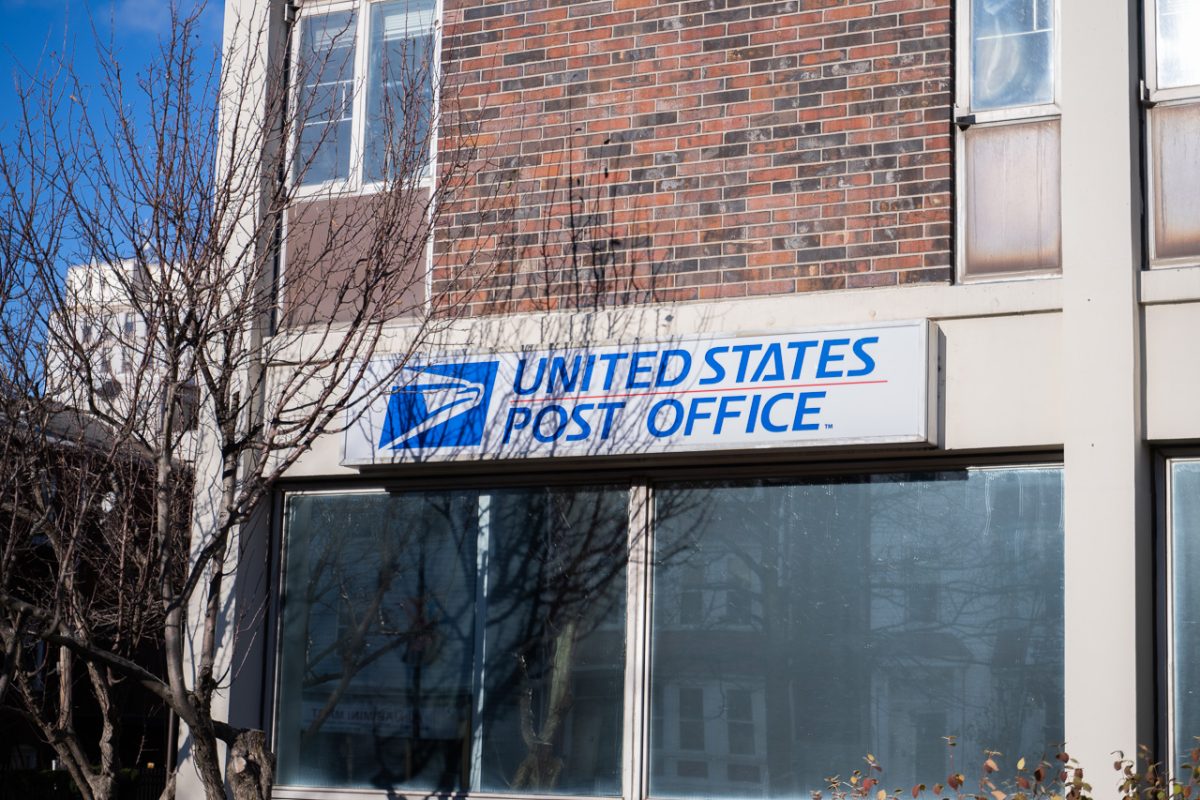It seemed everyone got it wrong Feb. 12.
Boston Mayor Michelle Wu announced a snow emergency in light of predicted severe weather, causing public schools to shut down and city buildings to close. Residents were encouraged to remain indoors and limit time spent on the road.
For the first time in years, Northeastern canceled classes along with a handful of other Boston-area universities.
Over 200 flights to and from Logan International Airport were canceled. Amtrak paused the operation of the majority of Boston’s regional and Acela trains running between Boston and New York. Shuttle buses operated in place of the Mattapan Trolley. The ferry service to Hull was paused due to flooding concerns, as well as ferry services to Nantucket and Martha’s Vineyard due to expected high winds.
However, some of these precautions, especially in Boston, may have been unnecessary.
Meteorologists expected snowfall to be concentrated along the coast, with some forecasting Boston getting 8 to 10 inches. Yet, later models showed that Boston would receive closer to a mere 2 to 5 inches, which, by Feb. 13, had dissipated into rain. According to the National Weather Service, Boston only ended up receiving 2.9 inches of snow. In comparison, Connecticut was inflicted with the majority of the nor’easter’s rage, with sites such as Hartford, Torrington and Waterbury experiencing more snow than projected.
The unpredictability of Mother Nature’s patterns contributed to this discrepancy. Jeremy Reiner, chief meteorologist for WHDH-TV, told the Boston Globe it was “alarming how most/all the modeling was in agreement as late as Sunday afternoon that 6-12” was highly likely.”
Some meteorologists, including Dave Epstein who contributes to The Globe and GBH, were already prepared to lower their predictions by mid-afternoon Monday. Hence, cities and towns could have waited to enforce its extreme protective measures that affected many Bostonians.
“There is and always will be uncertainty, and I think we have gone a bit ahead of our skis canceling things so far in advance in the past few years,” Reiner told The Globe. “It sometimes leads to very frustrated workers, parents, and forecasters. Many of us are feeling that today, and it was avoidable if we all just waited a few more hours on Monday to make those calls.”




